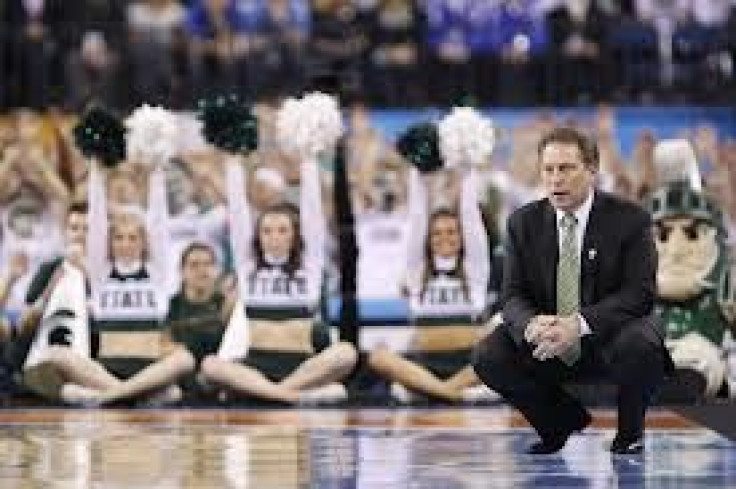How To Win Your March Madness Office Pool: Tips For Filling Out 2013 NCAA Tournament Bracket

March Madness has become one of the most popular sporting events in the nation, with growing media coverage and billions of dollars pouring into the NCAA.
Similar to the Super Bowl, even people who aren’t college basketball fans will watch the NCAA Tournament. Many office workers who play little attention to sports will participate in a pool, or join one with friends on social media.
Filling out a bracket can be difficult, especially if you don’t know much about the sport. Even the most diehard basketball fans will have never seen many of the 68 teams that were chosen by the selection committee.
Below are some helpful tips to help you win your 2013 March Madness office pool.
Go Chalk
It’s not always fun to pick the higher seed to advance, but it’s probably best strategy to helping you pick a lot of winners. While there are a lot of upsets each year in the NCAA Tournament, selecting which teams will make a surprising run can be hard to predict.
A few 12 or 13 seeds will likely survive their first game, but the best teams will still be around after the first few rounds. It’s fine to take some chances on Thursday or Friday, but don’t try to get too cute and put no No.1 seeds in your Final Four.
In the past six years, 10 of the 24 Final Four teams were No.1 seeds. Five more were No.2 seeds. It can be exciting to pick a few upsets correctly on the first weekend, but office pools are usually won by people who do well with their Final Four predictions.
Teams like Indiana and Louisville are No.1 seeds for a reason. If you don’t try to get too fancy, you should be in good shape by the final weekend.
Value Experience
While some teams like the 2012 National Champion Kentucky Wildcats can win with a lot of youth, experience is a valuable asset in March. It is particularly true in a year like this one when no team seems to have a notable advantage in talent. Age and maturity could be a deciding factor in what teams will make a long run.
A lot of the tournament games are decided in the final five minutes, and experienced players and coaches are often the ones that make the right decisions. For instance, Miami is the oldest of the 68 teams with an average age of 23 years old. They’ll have the advantage over a team that plays a lot of freshman and sophomores, who might get frazzled late in the second half or be fatigued at this point of the year.
Experienced coaching may be the most important factor. Every year, coaches like Tom Izzo, Roy Williams and Rick Pitino seem to have their teams in a position to make a title run. If a club is led by a future Hall of Fame coach, they are much less likely to have an early round upset.
Choose One Sleeper
Picking several big time upsets will get you in trouble, but keying in on one potential Cinderella could separate your bracket from the rest. There are always one or two double-digit seeds that at least reach the Sweet 16, and stumbling upon that team could make a difference.
It won’t hurt to pick one big sleeper, especially if that team will play clubs that you aren’t confident will go very far anyway. For example, if you don’t think a particular No.2 seed has a chance of reaching the Final Four, it might be worth the risk to pick the No.10 seed in that region to pull off the upset.
© Copyright IBTimes 2024. All rights reserved.












